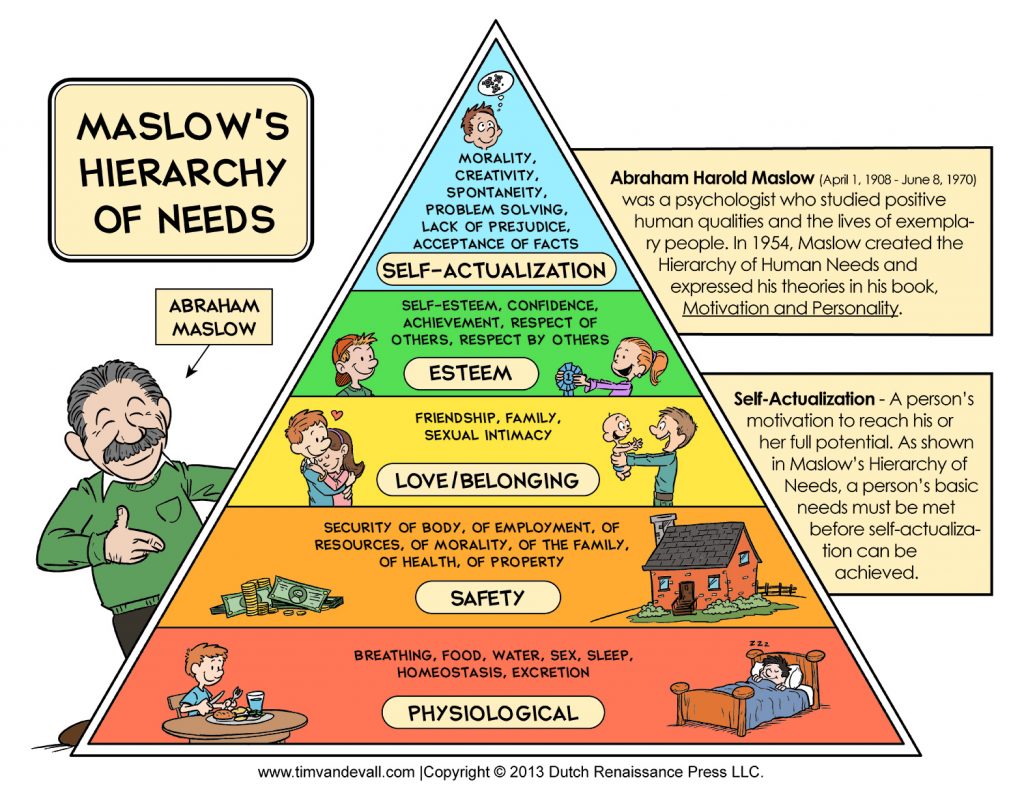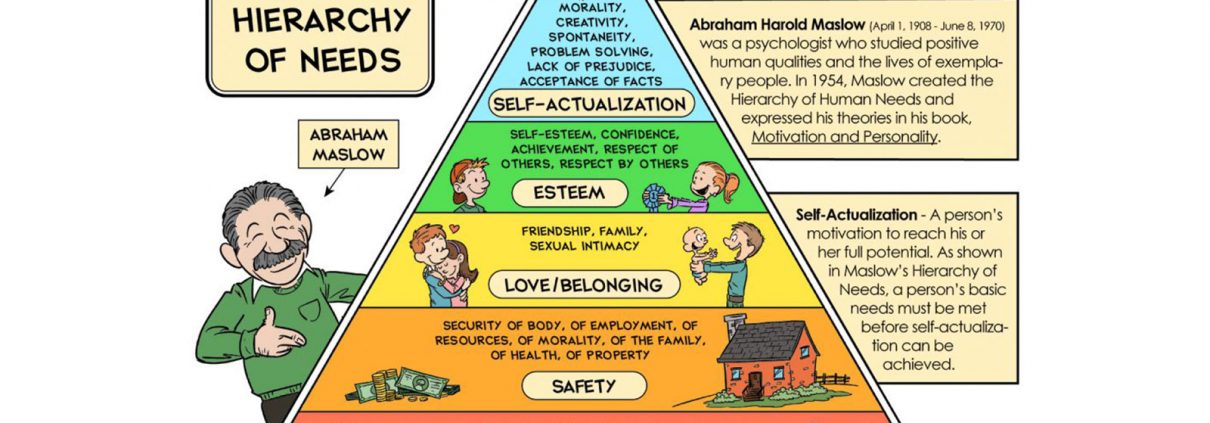Why are staff resistant to adopting a knowledge management system?
We are all human.
We mostly have the same reasons for being happy, sad, protected and unprotected.
Abraham Maslow, an American psychologist, created Maslow’s hierarchy of needs. It is a theory of psychological health predicated on fulfilling innate human needs in priority, culminating in self-actualization.

When an employee is asked to document a process for the task he or she is doing, the first thing that comes to mind is losing his or her job, as other people could then do the task, after the process is documented. So a company could hire someone for a lower salary to do this job to save money.
Then that person’s income stream will stop and they may have difficulties achieving the basic needs for their family and themselves.
This thinking will threaten the most fundamental level of Maslow’s hierarchy of needs, which is physiological needs. As a result, the upper levels in this hierarchy will be affected. This is how many employees might think.
Is it true?
Yes!
Companies are trying to survive in the same way that any individual does. Can you guess why? Because they are run by other humans! (What a discovery!)
Like any individual, they like to save money when they can. No one can blame others (companies) for wanting to save because they do it themselves too!
No!
In the same way that we prefer a quality product over a cheap product, although it might look, taste and work the same, people like to work with quality people.
Not everything can be captured in any knowledge management system. Companies still need smart people to make the right decisions in the absence of a process for that task. They want people with experience who can think over processes, because employing inexperienced staff can cause losses in time and money and is more expensive in the long run.
Even with the best, most experienced staff in the world, companies are not going to run efficiently if they are constantly having to recreate the wheel. Knowledge management systems are used to transfer knowledge and save time and money by making sure everyone is using the same processes and the most effective methods to complete tasks.
The bottom line:
The industrial revolution was the result of an increasing population and an effort to streamline manufacturing processes and make them more efficient. Imagine if your shoes or shirts had to be made by a human. How many could you buy and at what price?
Knowledge management systems exist for a reason. Both employees and employers must accept them to ensure their fundamental needs, the physiological ones, are covered.



